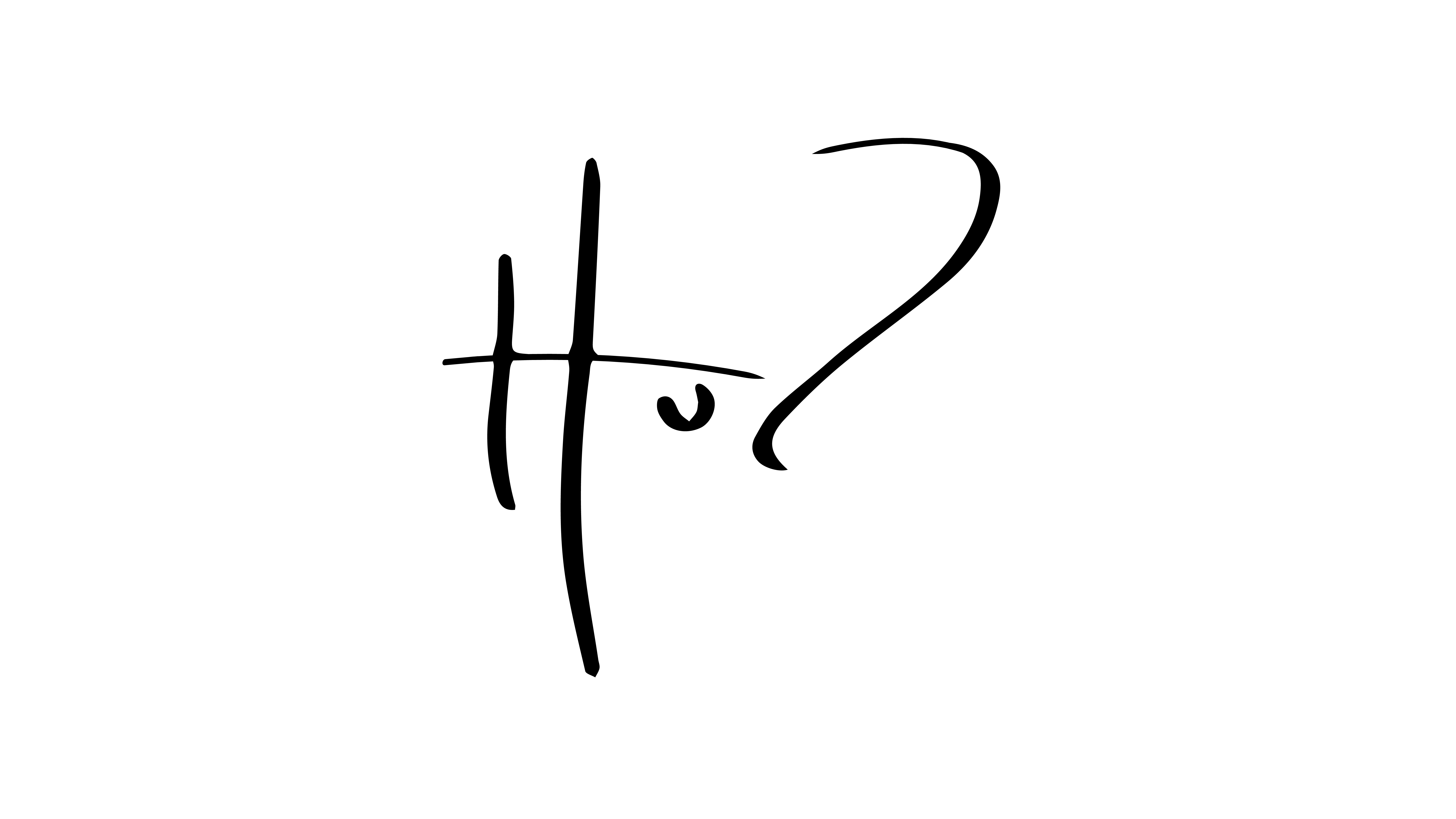You can read the text, or listen to the voice recording below:
The midday heat slows even the hardy and the brave. Everything in the bush is driven to shelter. There, they wait in patient torpor for the sun to spend the worst of its rage. On an extended walking safari, I tend to adopt roughly the same pattern.
The midday break is a slot in the day that is entirely without care. There is no urgency to get going, like in the morning, or to prepare for the night, like in the evening. There is just the heat and the cicadas and the hours – till about three o’clock, when we set out again. It is still hot, then, but there is at least the prospect of the approaching evening cool-down.
Our refuge was the shade of the njala tree on the bank of a dry ravine. It was still hot there, but a thread of air that stirred along the ravine now and then made it bearable enough to write, or read, or just dream, or even drift off a bit…
Our African companions chatted a bit, in muted tones, then abandoned themselves to sleep, right where they had sat down. I gazed at them, draped over the earth like abandoned rags, in total surrender to sleep. If I would not summon them to their feet at around three, they would probably be quite happy to remain; towards evening gather some wood for a fire against predators, perhaps prepare some food, if they were hungry, then lounge around the fire, chatting and telling stories, and drift off into sleep again.
I looked down at the diary on my lap, the pen between my fingers, my book waiting next to me. They did not trouble themselves with any of the thinking that had to go into each sentence in the diary, or with trying to fathom the mysteries or charms of a book. They simply yielded to their surroundings; lived in their situation as it developed. They had a knowledge of it, an instinct and an intuition for it, acquired over half a lifetime or longer. They would avoid its dangers, sometimes with some precautions, like constructing a rudimentary structure for protection, but other than that, they seemed to have no desire to change it, or themselves. They simply accepted things as they were, and lived through it – and at that, they were good.
I come from a very different world. It had made me different. What did they think of my book, my pen, the stuff that came into their world with me, some of it alien – like perhaps a gas lamp, a compass, freeze-dried food, strange habits…? After I had left, how would they think about me and my ways and my stuff – and two or three years after that, what would conversations about me be like? Would I perhaps awaken in them some desire to change, to be like me? If I left some of my stuff with them, or brought more stuff to try and make their lives easier, would it make them want to change to be more like me, to have more and more stuff, and live like me in a world like mine?
These thoughts made me sad. Despite my book and my pen and my stuff, despite being in a world where they seemed to be happy and I should be too, I was sad, and I was sad precisely because of my pen and my book and my stuff, and what it said about my own world and myself. I stopped writing in my diary and sat for a long time, staring at the slow shift of mottled sunlight over the leaf mat. I knew that I was just a very thin, and for now, rare, tentacle reaching into their world. But ultimately, contact between their world and mine was inevitable; as inevitable as the changes it would bring to their world and their lives and themselves.
Would they then be as carefree and happy as they seemed to be now? I doubted it. They would be bewildered by what it took to fit into my world. It would be alien to them; probably from a technical utility point of view, more comfortable, but alien to their ways. But they would not recognise that. Instead, they would strive mightily, and often awkwardly, to be like the people from my world. And they would believe themselves be on the verge of achieving something better and wonderful, and convince themselves that they were happy for it. Most of their quest and their happiness would be ephemeral though, but they would be too busy to see it – except sometimes, when, deep down, they would know that they long for what they had lost, and they would be sad.

